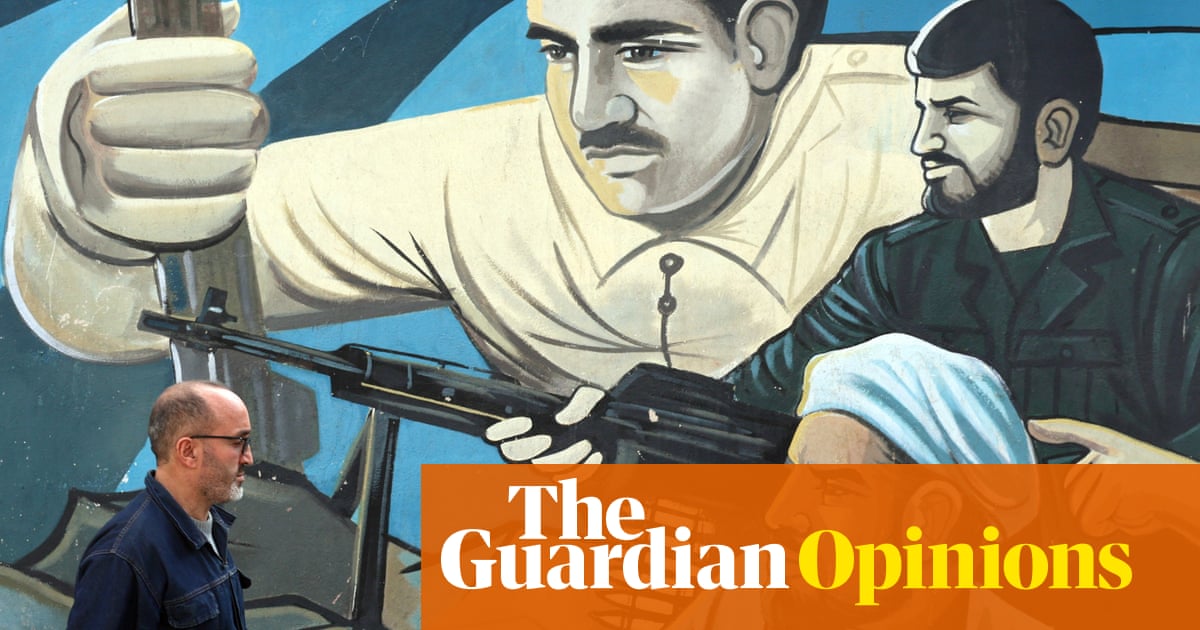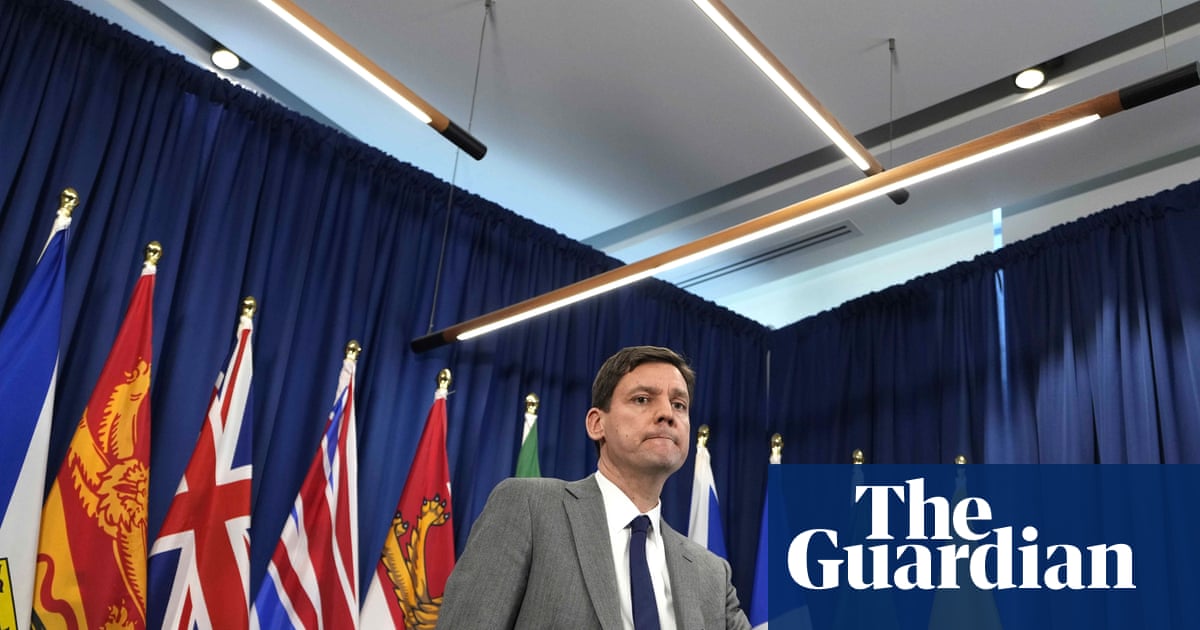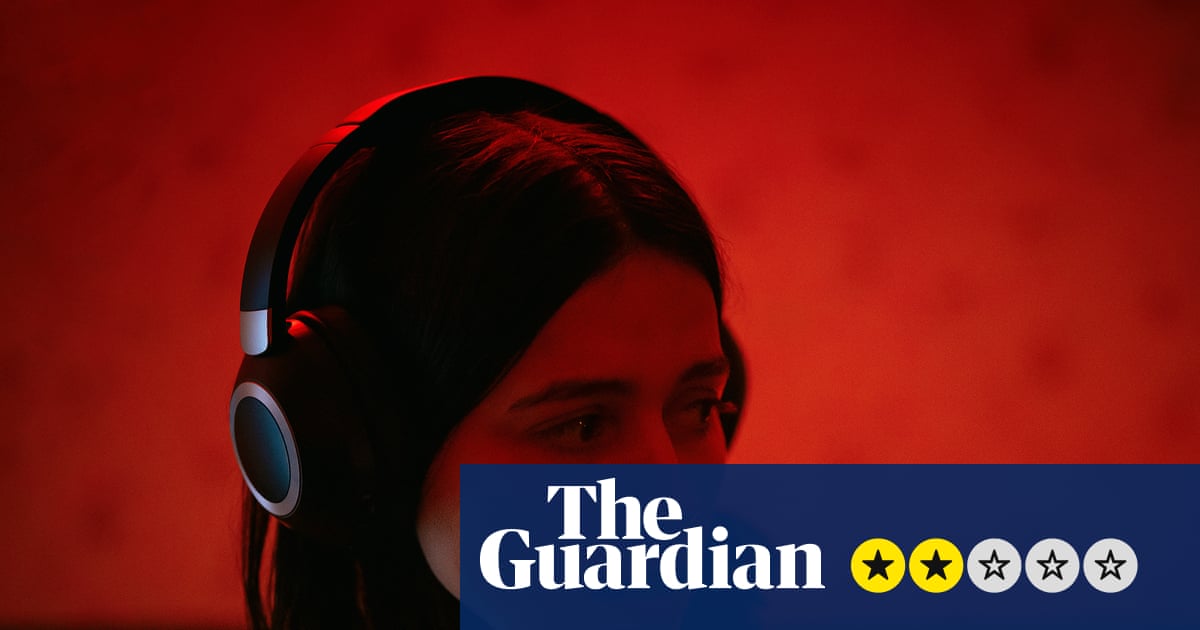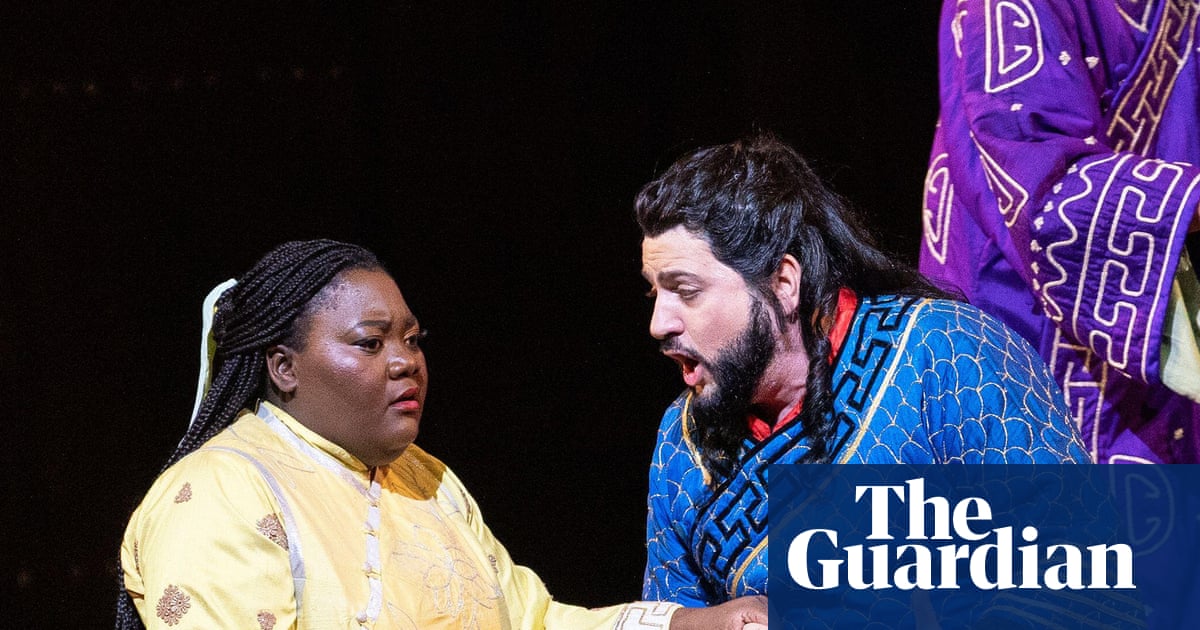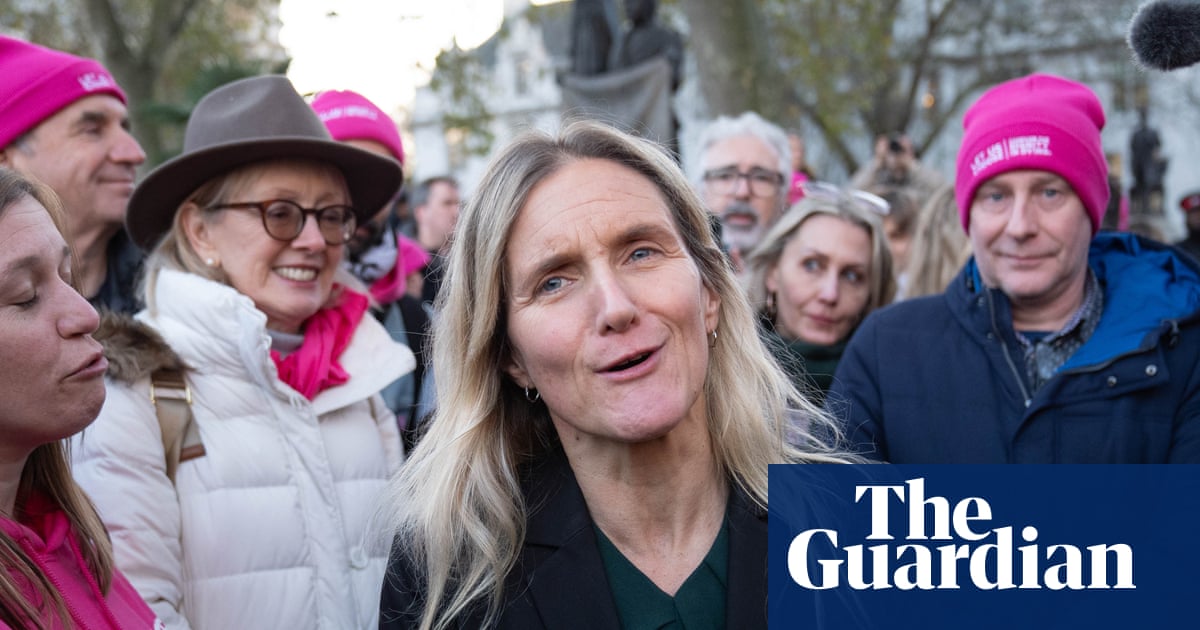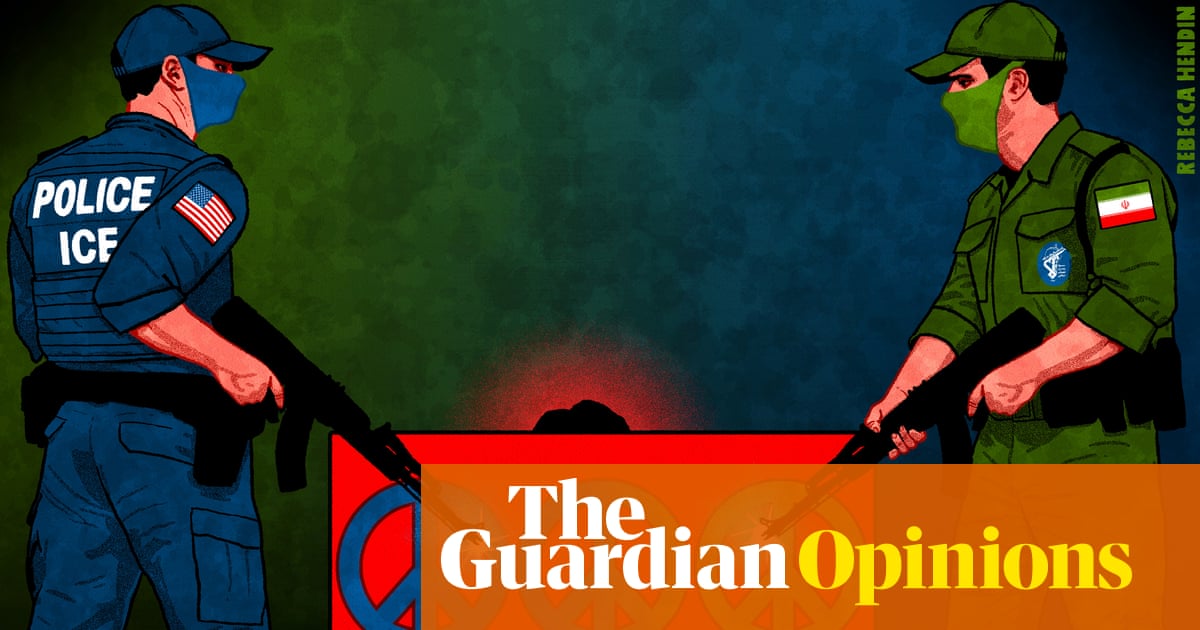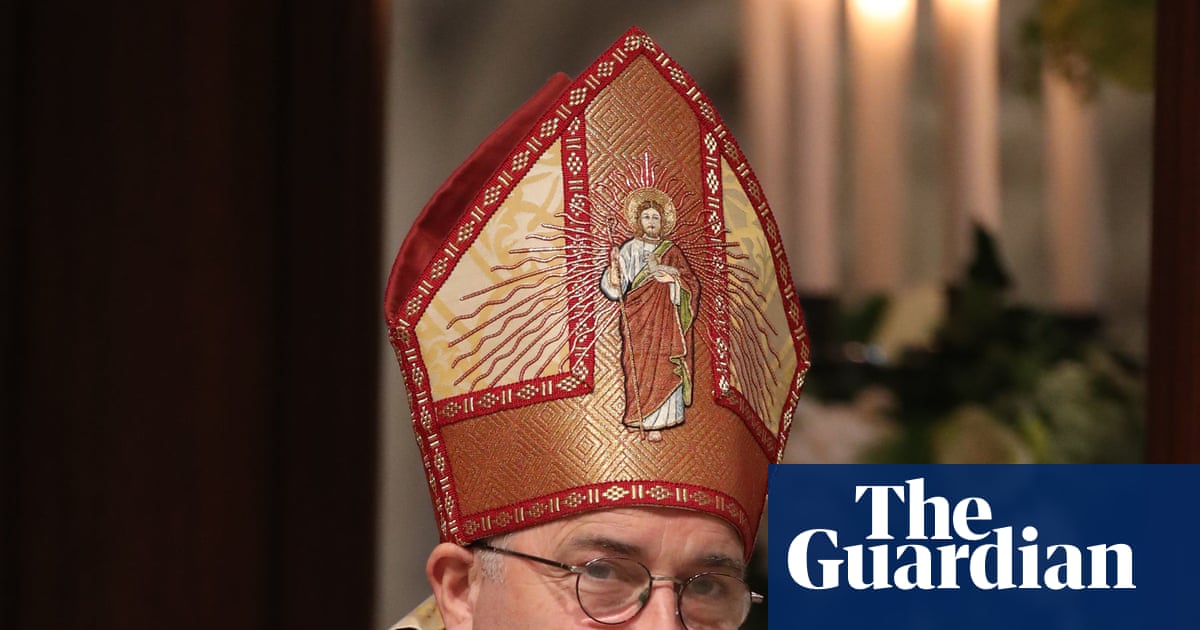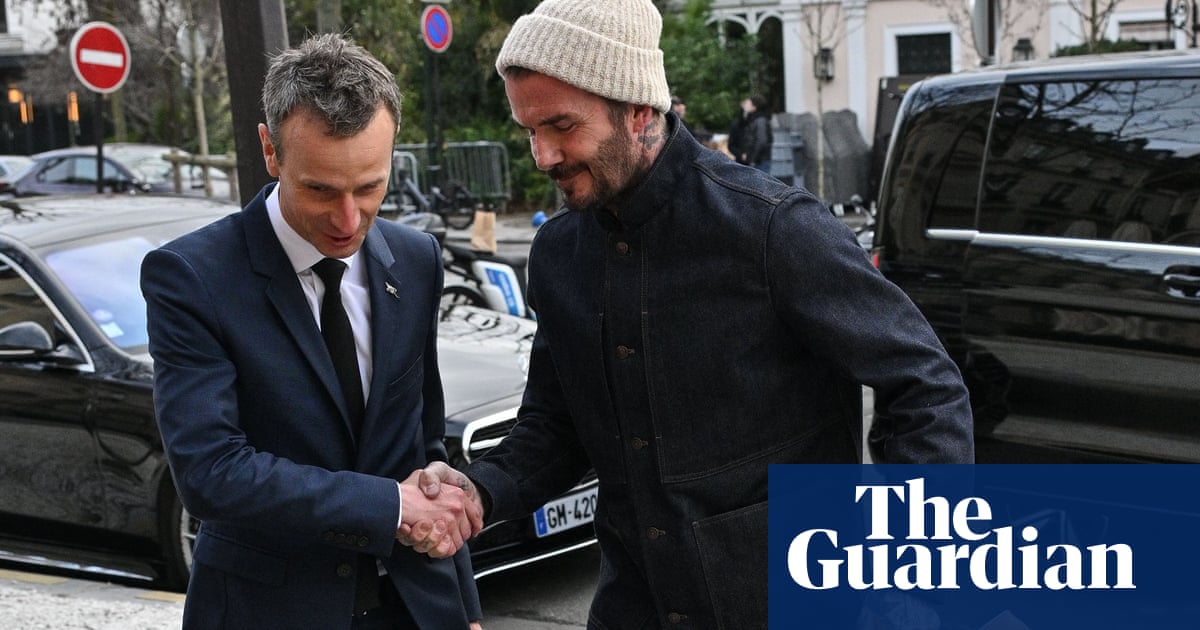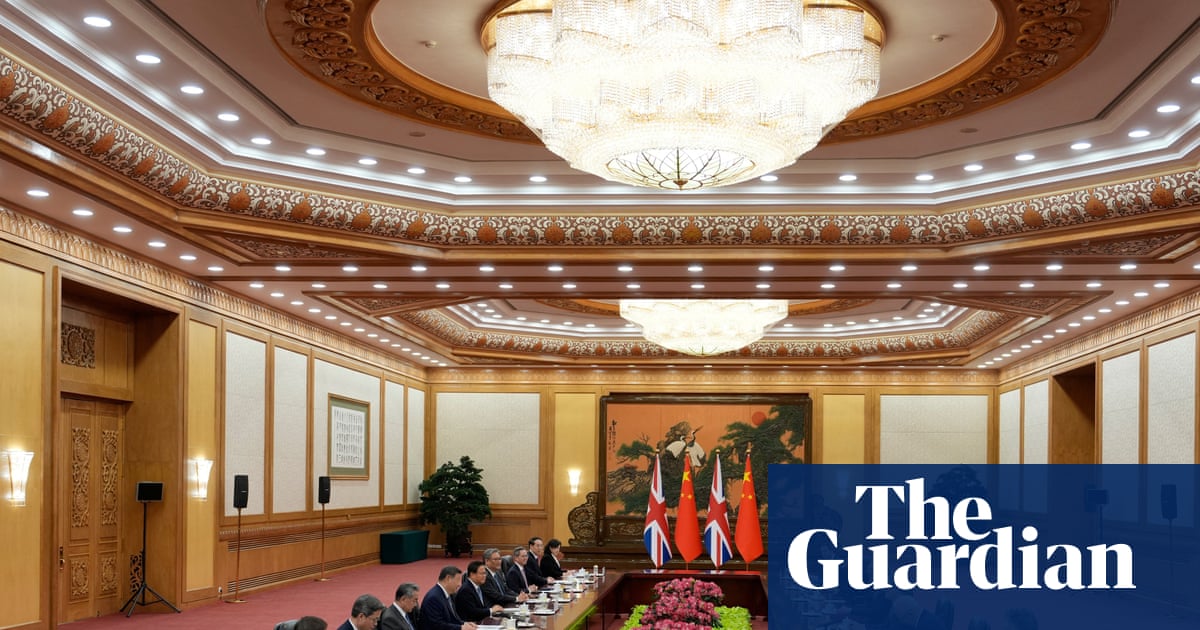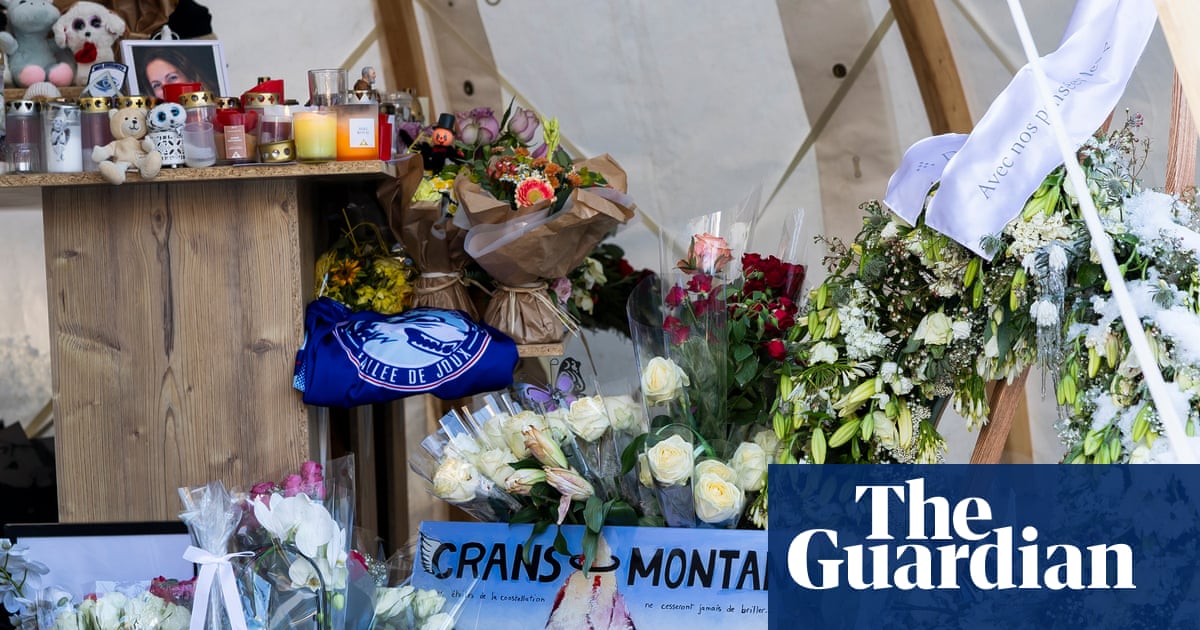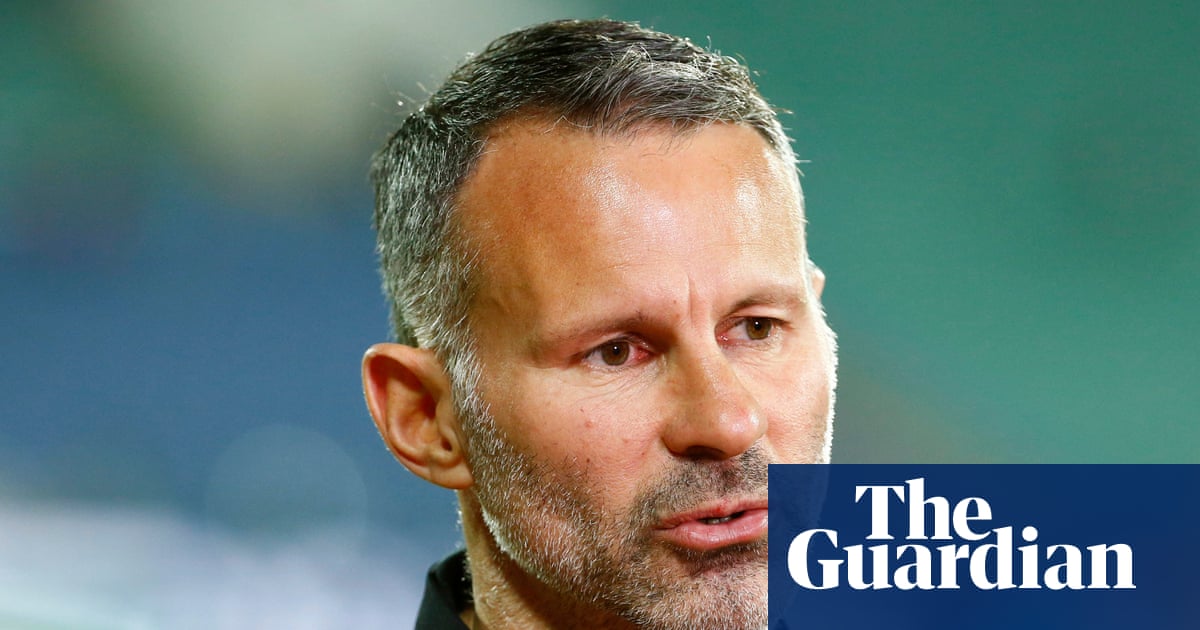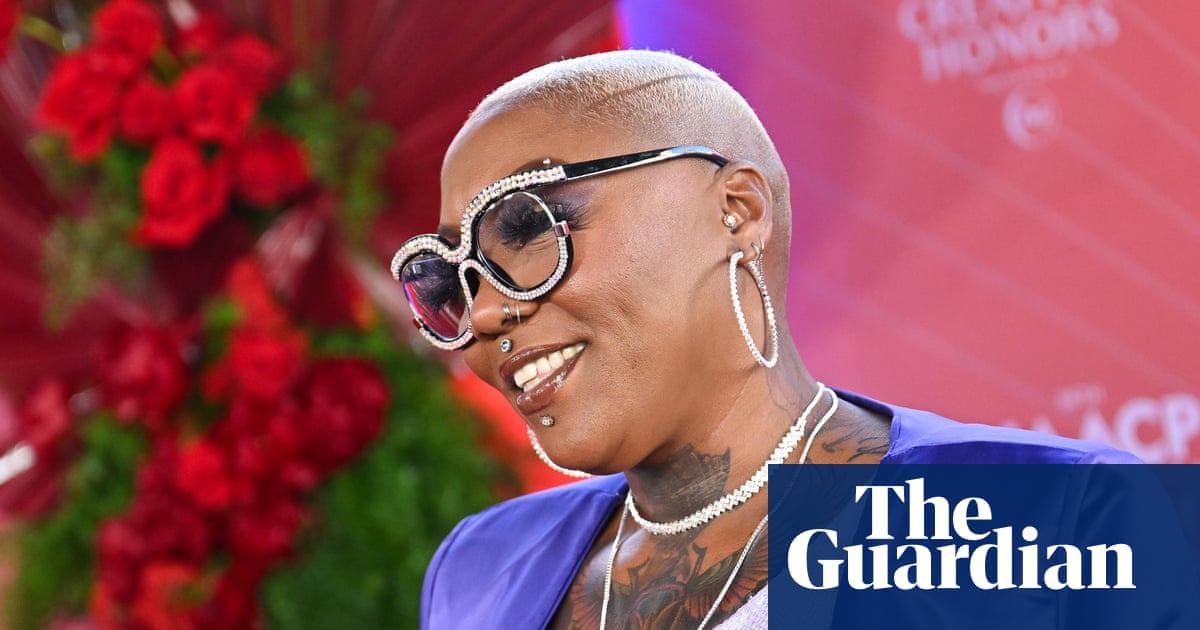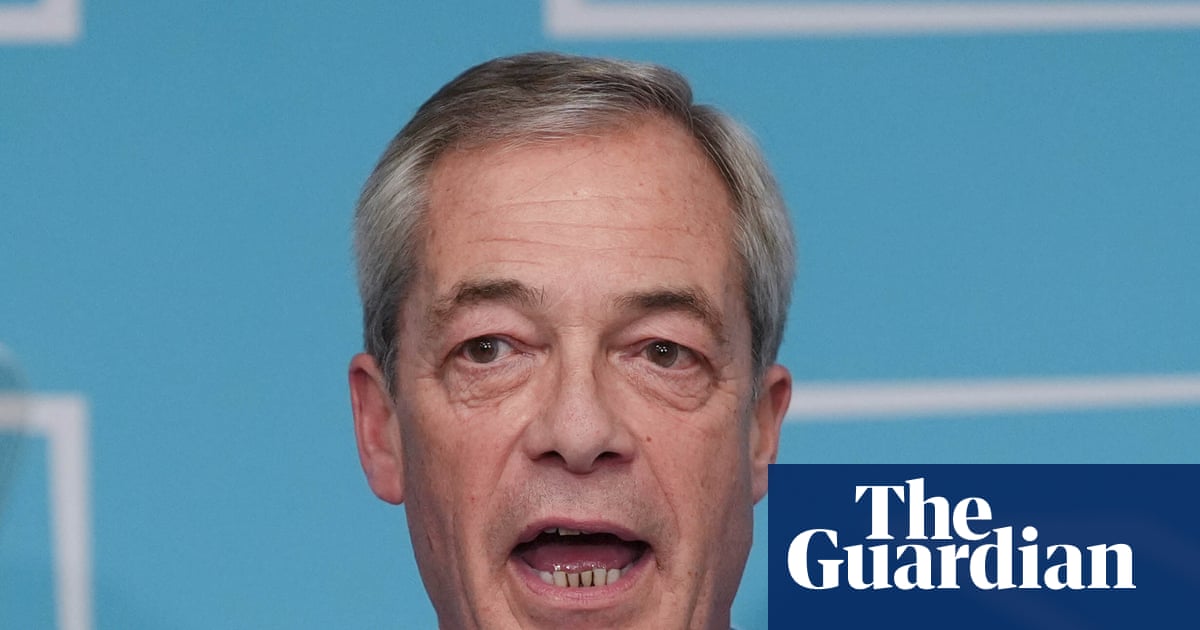When Canada released its federal budget this month, much of it was standard fare, from the plans to downsize the public service to the boost in defence spending.
But one line tucked in the nearly 500-page document has captured imaginations on both sides of the Atlantic: a mention that the government is working with Canada’s national broadcaster to explore participation in the Eurovision song contest.
When asked about the line, the country’s finance minister, François-Philippe Champagne, said the proposal to join the glitzy TV extravaganza had come from “the people who participate”.
He did not specify whether he was referring to specific countries or the European Broadcasting Union, who organises the contest. CBC-Radio Canada is an associate member of the union; another associate member, Australia, was invited by the contest’s governing board to join Eurovision in 2015.
The minister, however, appeared to embrace the longshot bid, hinting that it was part of the government’s strategic realignment away from the US and towards Europe.
“I think it’s a platform for Canada to shine,” Champagne told broadcaster Global News last week. “This is about protecting our identity – yes, we want to protect our sovereignty, but you also want to help people in the arts sector and in the film industry to make sure they can shine around the world. And we have a lot to offer as Canadians.”
In recent months, as Donald Trump’s takes aim at Canada’s sovereignty and slaps tariffs on its economy, the Canadian government has scrambled to deepen its relationships with allies around the world. In March, the country’s prime minister, Mark Carney, made a point of visiting France and the UK on his first overseas trip as prime minister, seizing on the visit to declare Canada the “most European of the non-European countries.”
Two government sources told the Canadian Broadcasting Corporation that Carney – who spent years studying and living in the UK, most recently as the governor of the Bank of England – was personally involved in Canada’s push to join the world’s largest live music event.
On Wednesday, the director of the Eurovision song contest, Martin Green, confirmed the line that had been teased in the budget. “The Canadian conversation with CBC/Radio-Canada is in its very early stages and we look forward to continuing our discussions with them,” he said in a statement to the Guardian. “We’re always excited to know that broadcasters want to be part of the world’s largest live music show.”
In recent days, as the possibility made headlines across Canada, media have mapped out the challenges, from the high cost of fielding an entry to the relatively low number of Canadians who follow the song contest. Canada has reportedly mulled participation in the song contest before; in 2022, the CBC said that it had ruled out the idea after deciding it was “prohibitively expensive.”
While Canada has never formally participated, the pop platform has hosted an array of Canadian artists. Most famously was Céline Dion, who won the contest for Switzerland in 1988 with the song Ne Partez Pas Sans Moi, while in 2001, Natasha St-Pier represented France as did La Zarra in 2023.

 2 months ago
56
2 months ago
56

